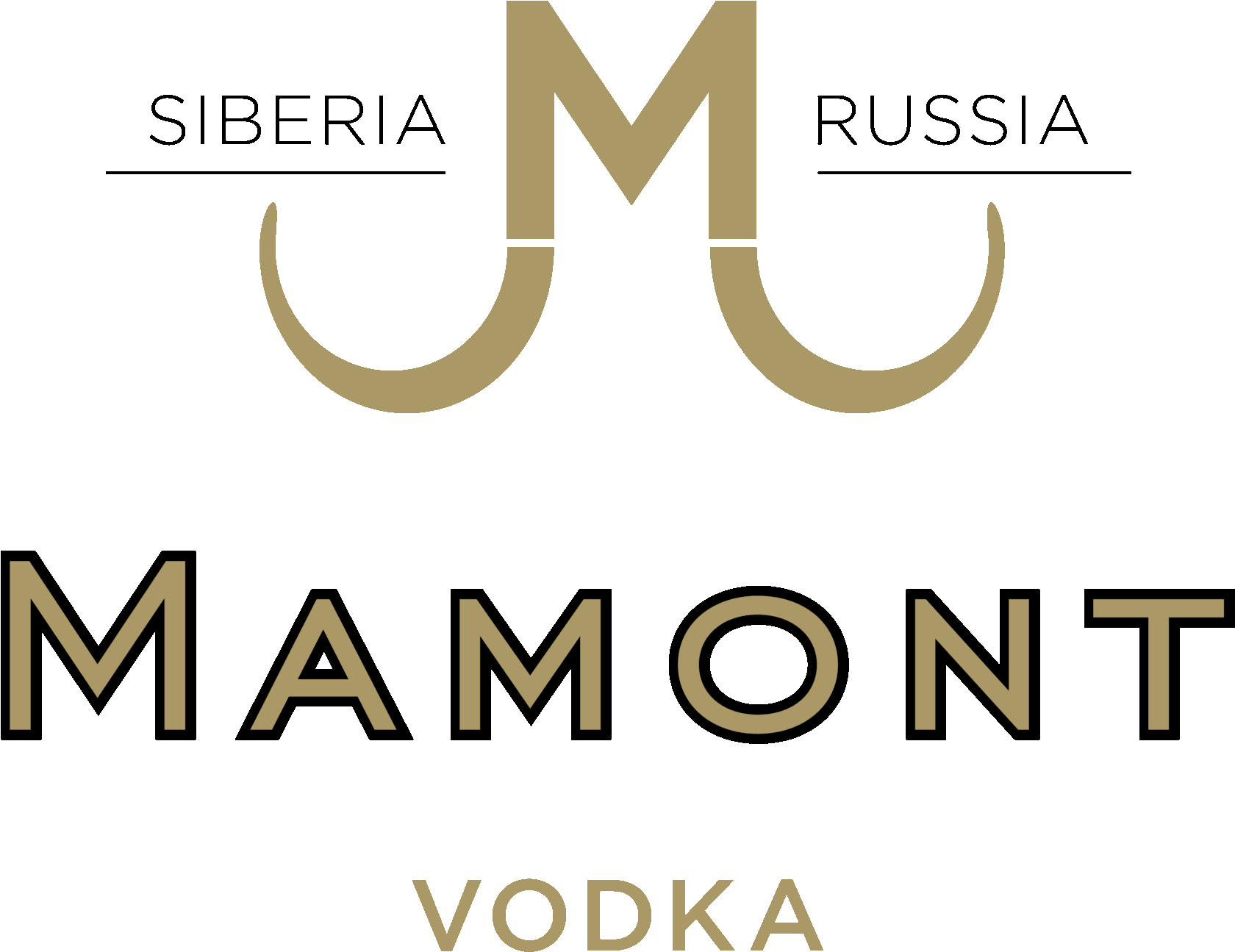The history

1867
Grigory Terentyevich Badin, the Barnaul merchant of the II-nd guild, received a permission certificate to build a distillery.
1868
Launch of the Itkul distillery.

1895
A dynamo machine was purchased from England and the electrical wiring was installed. The water wheel served as the energy source. Despite the fact that this machine’s output was mere 100 kW, this acquisition was an important milestone in the plant history.

1902
A state monopoly on alcohol was introduced, the «Itkul» distillery becomes the official supplier of the government-owned wine warehouses. The shipments were made mainly to the Biysk and Barnaul government warehouses. A new brick building was built for the Itkul distillery.
1906
The «Itkul» became one of the largest enterprises in Siberia. The average production volume in recent years was 290 thousand buckets of alcohol per year.

1919
On June 1, the prohibition came into force. As the result, the plant’s activity was practically frozen.
1925
The industry restoration began, and the «Itkul» distillery again started to work at the regular capacity.
1930
The NEP (New Economic Policy) was replaced by the planned economy. The local state farms and collective farms in the Biysk area were assigned to the «Itkul» distillery.

1941−1945
During the Great Patriotic War, over 1 billion decaliters of alcohol and roughly the same volume of low-alcohol beverages were produced.

1950−1970s
After the war, the work to improve the quality of rectified alcohol began. The goal was to produce on its base the food-grade spirit, requested by the northern construction sites in Siberia. The distillery was connected to the government centralized power system thus allowing for the increase in the number of equipment and significant process modernization. The carbon dioxide workshop was launched, thus expanding the product range.

1985
Another prohibition lead to the decrease of the alcohol production.
1993
The government monopoly for the alcohol production and sales was practically cancelled in the country. This caused another sharp decline in the production volumes.
In addition, the «Itkul» was reorganized as a joint-stock company.
In addition, the «Itkul» was reorganized as a joint-stock company.

2019
Currently the «Itkul» is completely modernized, and its production capacity amounts to over 1 million decaliters of alcohol and over 2.5 million decaliters of vodka per year.
At the end of 2019 year, the majority ownership is acquired by Marussia Beverages Group.
At the end of 2019 year, the majority ownership is acquired by Marussia Beverages Group.
2020
The «Itkul» becomes the center of an ecosystem that includes not only the production itself, but also the tourist, environmental and social projects.








